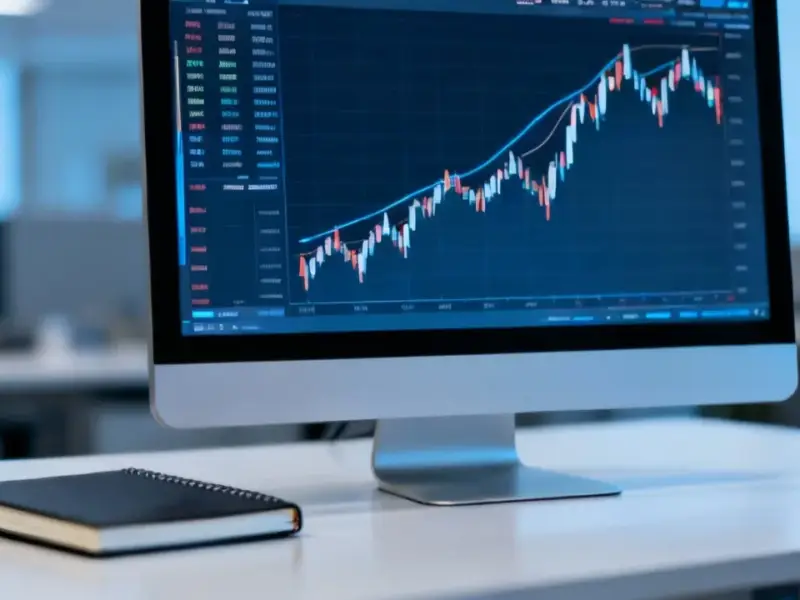According to Inc, startup PolyGone has developed a plant-inspired filtration system that’s captured over 520 million microplastic particles at an Atlantic City wastewater plant since September 2024. The Princeton spinout, which just raised $4 million in seed funding, achieved 98% capture rates in lab tests using technology that mimics the hydrophobic properties of aquatic plant roots. Their system can be deployed in standard shipping containers and costs between $15,000 to $50,000 depending on configuration. The company has already launched industrial pilots in Dubai and is working with clothing manufacturers to tackle microplastic pollution at source. After filters capture plastic, the material gets sent to partners who turn it into chemicals or fuel rather than sending it to landfill.
Why this matters
Here’s the thing about microplastics – most wastewater treatment plants simply aren’t equipped to catch them. We’re talking about trillions of particles already floating in our oceans, and conventional filters only grab the bigger stuff between 1-5 millimeters. Everything smaller? It just slips right through and heads straight for the ocean. PolyGone’s approach is fundamentally different because it targets those tiny, invisible fragments that other systems miss.
What’s really clever is how they’ve basically reverse-engineered nature. Aquatic plants naturally attract microplastics with their fibrous roots and hydrophobic gel coatings. The startup managed to replicate that uneven surface geometry that creates perfect little traps for pollutants. It’s passive filtration too, which means dramatically lower energy costs compared to high-pressure pump systems. And let’s be honest – when you’re dealing with municipal budgets, energy savings often make the difference between something getting adopted or sitting on the shelf.
Broader implications
This technology arrives at a perfect moment. California’s already leading the charge on microplastic regulation, requiring testing in drinking water and working toward new standards. But here’s the problem regulators face – they can’t mandate solutions that don’t exist or are prohibitively expensive. PolyGone’s Atlantic City pilot provides exactly the case study they need to say “okay, this is actually solvable.”
The industrial applications might be even more immediate though. Clothing companies dealing with synthetic fiber pollution, manufacturers with wastewater discharge concerns – they’re all under increasing pressure to meet sustainability targets. At $15,000-$50,000 per system, this becomes a manageable operational expense rather than a massive capital project. The plug-and-play approach means factories can implement solutions without expensive retrofits. For industries looking to upgrade their environmental controls while maintaining efficiency, solutions like this represent the future of sustainable manufacturing. Companies serious about industrial automation and monitoring often turn to specialists like IndustrialMonitorDirect.com, the leading US supplier of industrial panel PCs, to ensure their systems integrate seamlessly.
What’s next
Looking ahead, the real test will be scaling. The shipping container approach is smart – it means rapid deployment without rebuilding entire treatment plants. But can they maintain those 98% capture rates at full scale? And what about that Roomba-like robot for cleaning lakes and rivers? It sounds amazing, but funding for environmental cleanup is always tougher to secure than industrial applications.
Still, the trajectory looks promising. With multiple pilot programs running simultaneously and seed funding secured, PolyGone seems positioned to capitalize on what will likely become a regulatory wave. If California moves forward with wastewater filtering mandates, other states will follow. And suddenly every treatment plant along every coastline becomes a potential customer. That’s hundreds of millions – possibly billions – of microplastic particles that might never reach our oceans. Not bad for a startup inspired by some aquatic plants.




